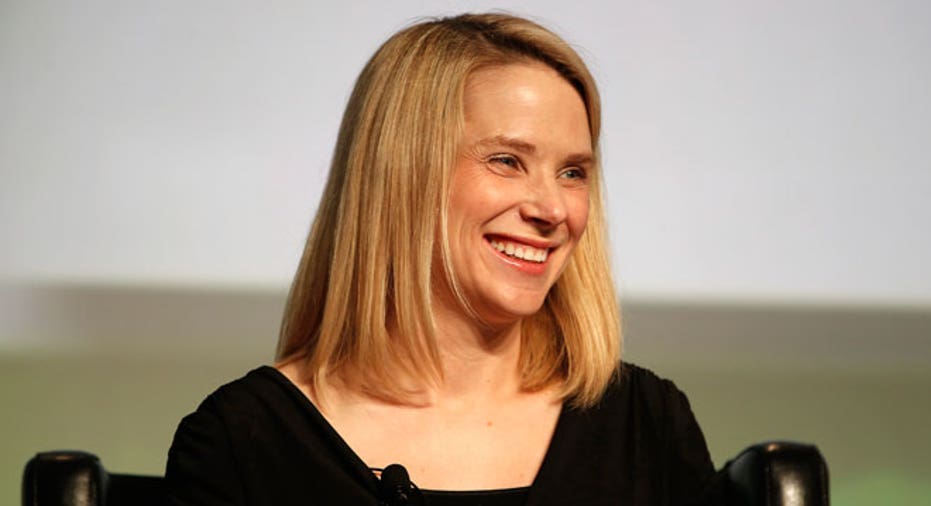The Truth About Great Entrepreneurs

If you want your career to have meaning, if you want your work to be more than just a job, if you want your business to be more than just a company, then you've got to stand for something. The thing is, it can't be about you. If you want to be somebody in this world, you've got to believe in something bigger than you.
Unfortunately, when it comes to your career, you've probably been sold a bill of goods, especially if you're a young up-and-comer or an aspiring entrepreneur. You've been told it's your generation, the Me Generation. Nothing could be further from the truth.
The truth is that business isn't about you. It's always about what you can do for others. And unless you can figure out how to make your career count for something bigger than you, you're not likely to set the world on fire.
So what exactly does that mean, making your career count for something bigger than you?
1. It means figuring out what you were born to do, what you do better than anyone else.
2. It means exceeding your boss's or your management's expectations time after time.
3. It means delivering new and exciting products and services to your customers.
4. It means being able to motivate your team to go out and make great things happen.
Accomplishing things in the real world is never about what people can do for you. It's always about what you can do for others. And guess what? If you focus on that, you'll go on to do great things, I'm sure.
Now, don't get me wrong. I'm not saying you shouldn't manage your own career. Of course you should. If you don't, who will? What I am saying is that any success you have out there in the real world will be entirely 100% based on what you can do for others, plain and simple.
Take Yahoo CEO Marissa Mayer, for example. She may very well be one of the more narcissistic hotshot Internet executives on planet Earth. But when it comes to business, she means business. And she knows that isn't about her.
She knows that, to turn Yahoo around, it has to become a great place to work to attract talented engineers. And she knows that her developers have to deliver the best content and online experience to attract eyeballs and advertising revenue.
I'm sure she knows that the success of Yahoo's turnaround will inevitably come down to how well her beliefs--the strategy she's carved out for the company--serve its employees and its customers. That's what it's really all about.
If you had to find someone in Silicon Valley who is the polar opposite of Mayer, it would have to be her former boss, Google co-founder and chief executive Larry Page. Page is a consummate introvert, a technogeek if there ever was one. And although Page's vision is more or less Google's vision, he knows that its success isn't really about him.
It's about making sure that more online users use Google powered-devices that run Google software and view Google ads than any other company's, period.
And although Page is probably proud of what he's accomplished in his career, I bet he's far more proud that Google is a market-share leader in just about every product category. And that the company he co-founded always rates as a top employer. That's what Page stands for.
Now, what do you stand for?
This column originally appeared on Inc.com.



















